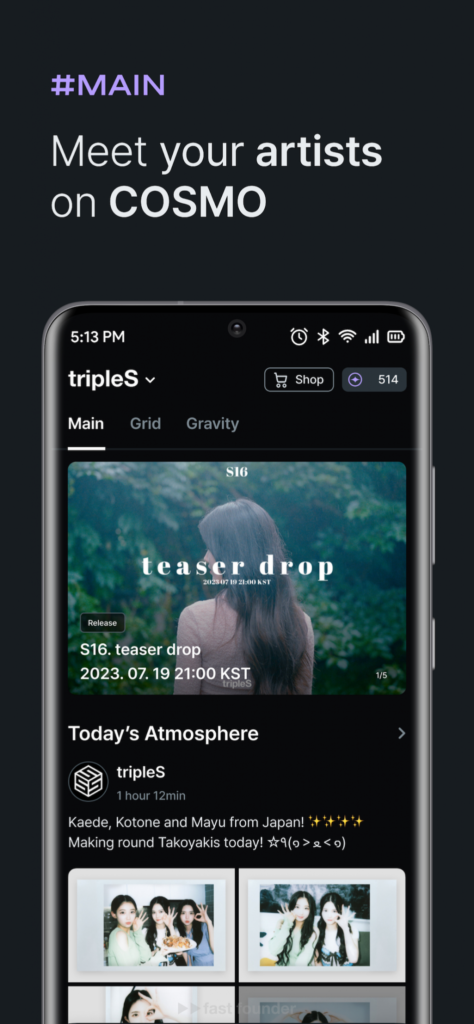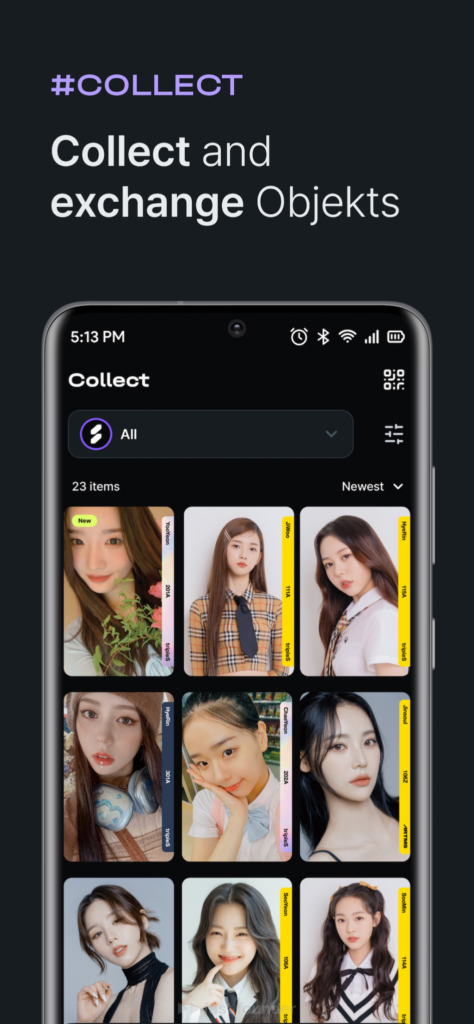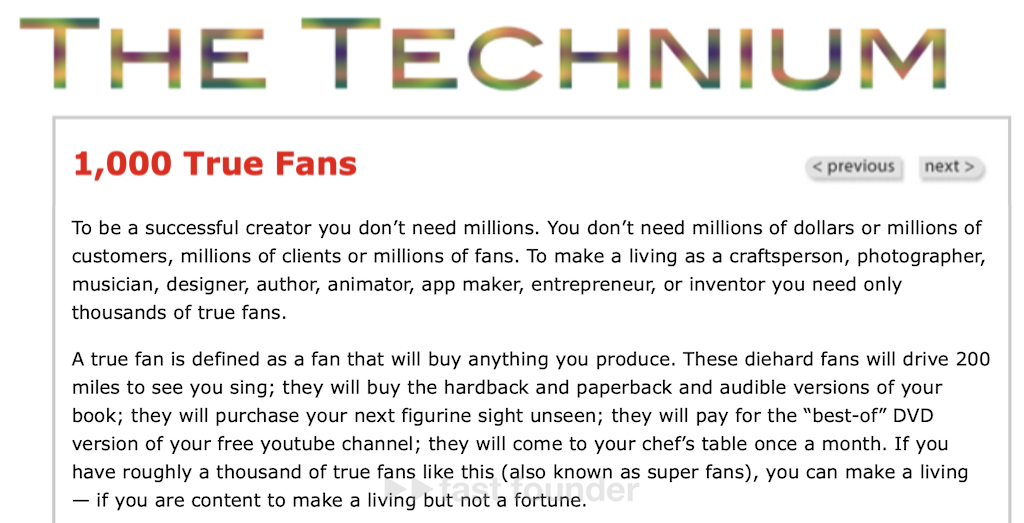The producer only brings the match to the bonfire, but whether it ignites or not depends solely on the fans. This is applicable not just to music but also to “ordinary” products and services — which are made popular by their true fans. Hence, fans can and should be involved in making decisions about product development! This is a simple but powerful idea that needs to consider such nuances when implemented.
The essence of the project

Modhaus believes that the entertainment industry can transition to an “open architecture” that provides transparent and bilateral interaction between artists and their fans — enabling fans to take an active part in the creation of new stars and the growth of their popularity.
The startup decided to start changing the industry with the popular music genre K-pop, which originated in South Korea. This is understandable since the startup is originally from there.

At its core, Modhaus is an agency for promoting emerging artists. However, it is the K-pop lovers who help promote the artists by choosing their favorite performers on the startup’s platform, Cosmo — and advising what the artists should do to be liked even more 😉
For example, Modhaus promoted the group tripleS, which released 5 albums and sold 170,000 copies. Simultaneously, the group gathered 1.74 million subscribers on YouTube.

Fans buy digital souvenirs of their favorite group (currently in the form of NFT photos of the group members) — and get the right to vote on the group’s fate proportionally to the amount of money they have paid.
After that, fans can vote for activities the group plans to undertake — what to name a new song, which songs to include in a new album, which cover to choose for it, in which cities to perform, and which events the group members should participate in.
The list of activities subject to fan voting will surely expand in the future — starting with assistance in creating songs, videos, and advertising campaigns.
One of the articles about the startup says that in just over a year since the platform’s opening, 130,000 fans have already purchased 1.2 million photo cards.
Modhaus has now raised $8 million in investments. And they attracted their first modest sum of money last spring at the time of the platform’s launch.
What’s interesting

If we paraphrase Modhaus’s first point of argument in our own words, we can say that it is fans, not producers, who create stars. Producers only bring the match to the fire — whether it ignites or not depends only on the fans. Therefore, the role of fans in the fate of stars should be recognized and encouraged.

Fans are not just consumers; they are purchasers willing to spend real money. The K-pop market is an industry worth $8 billion a year, funded by the fans themselves.
Yet, all decisions about what and how artists should do are somehow made by agencies, building their own assumptions about how fans will react.

Agencies could, however, turn directly to the fans to immediately learn their potential reaction. Thus, the role of fans can and should be expanded, turning them from mere consumers into decision-makers, who could even be called “collective producers.”

The whole point is that such fan engagement is not just a tribute to abstract democracy. It’s a tool that “will allow artists and fans to grow together.” Or in other words, it allows artists to grow financially and fans to grow in numbers. 😉
It’s important to note that fans do not just vote — they vote with their money, buying this right with photo cards that are, in general, trivial. To then pay even more — when the artists do exactly what the paying fans liked most.
This is, by the way, very similar to the situation with startups, where it’s pointless to ask consumers “are you ready to use such-and-such a product if I make it”. First, something has to be made, and then try to collect money for it — that is, get an answer to the question “are people willing to pay for it”.
Where to run
Today’s concept by Modhaus can be applied not only to music but also beyond the creative economy — where, instead of musicians, one could involve writers, bloggers, TikTokers, and other creators.

There are many platforms through which developers can collect wishes from their users to build “roadmaps” for the development of their products. Productboard, a startup created one such platform. It has raised $261.7 million in investments, with new investments coming in after my review.
So why can’t similar platforms start selling fans figurative photo cards of developers, so that users can vote with their money for new features that developers want to include in the product?

After all, silent users don’t make a product popular, but fans do — those who enthusiastically talk about the product and turn other people into its users. This reminds us of the classic 2008 essay “1,000 True Fans“, on the basis of which many still assert that a startup’s task is to gather the first thousand “true fans” of its product, and then the product has a chance for real success.
True fans are the “skeleton” on which the “flesh” of all other users grows. Therefore, fans of any products, not just songs, should be encouraged and involved, increasing their role in making decisions about the product’s development.

Platforms are already emerging that try to involve user communities in promoting products. One example is the startup KOOS. It raised $4.6 million in investments for a platform that rewards users for actions they take to increase a product’s popularity.
However, it is much more effective to promote what one personally likes. Sincerity sells better 😉

This was noted by the startup Zipr. It claims that brands need to stop paying abstract influencers for advertising — such advertising will anyway poorly convert their audience into purchases because it is not sincere enough.
It’s better to pay fans of your product — for example, offer a discount to those who are already planning to buy your product and/or those who have been buying from you for a long time. Then the stories published by such people about your product will be more sincere, and therefore they will bring more new customers. Zipr was only created this year, so it has only managed to attract $725,000 in investments — but the idea is very sound.
After adding this thought to the KOOS platform, user actions to promote products will be more effective if they promote the features that they consider great — that is, those for which they voted, not those that the company “handed down from above” 😉
Thus, the general direction of movement is the creation of platforms for more active engagement of true fans of products in the process of their creation and development, so that they can really influence the decisions made on this matter.
There are many possible areas for applying this idea. There are also many possible mechanisms. So there’s plenty of room for imagination here. But that’s good because good ideas can not only be copied, they can also inspire — to create on your own. But not from scratch, but by pushing off from something that already exists 😉
About the company
Modhaus Website: mod-haus.com
Latest round: $8M, 13.11.2023
Total investment: $8M+, rounds: 2
